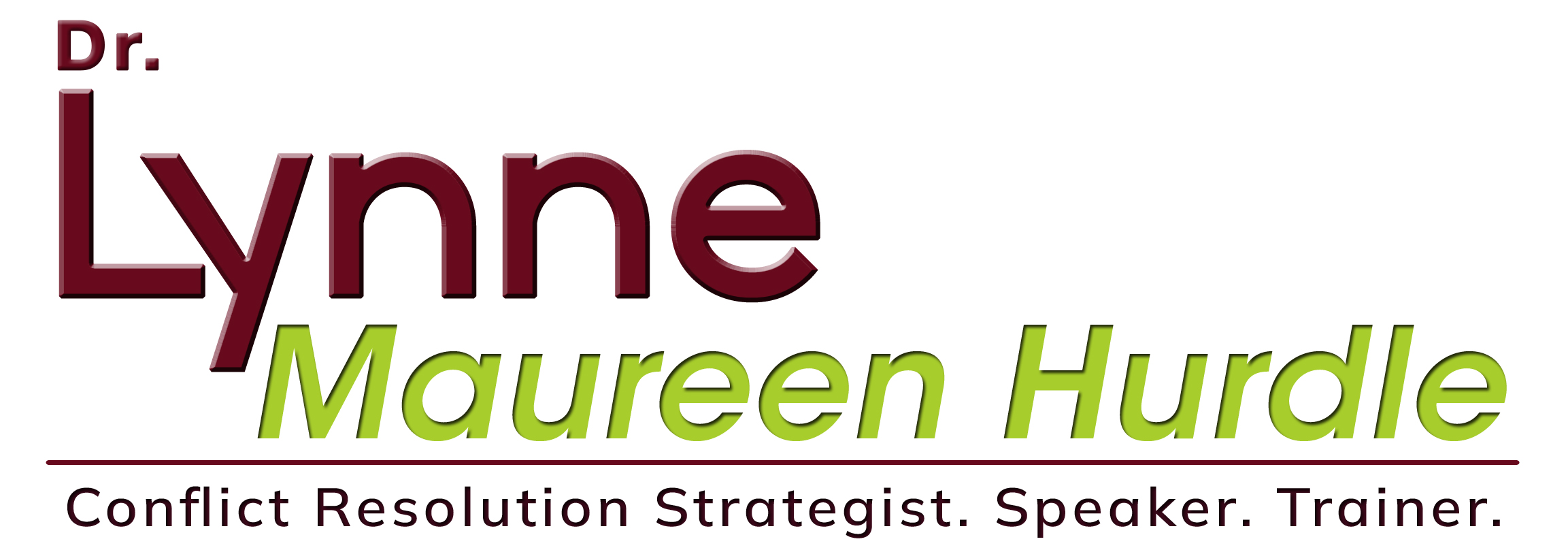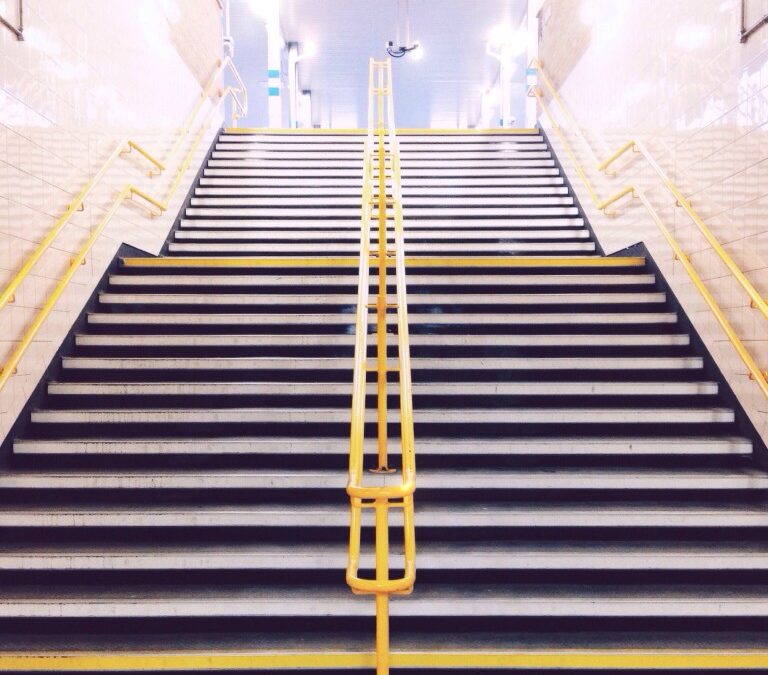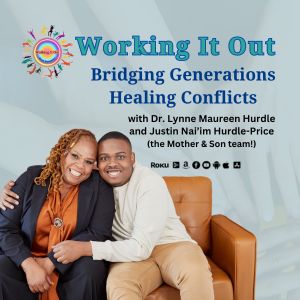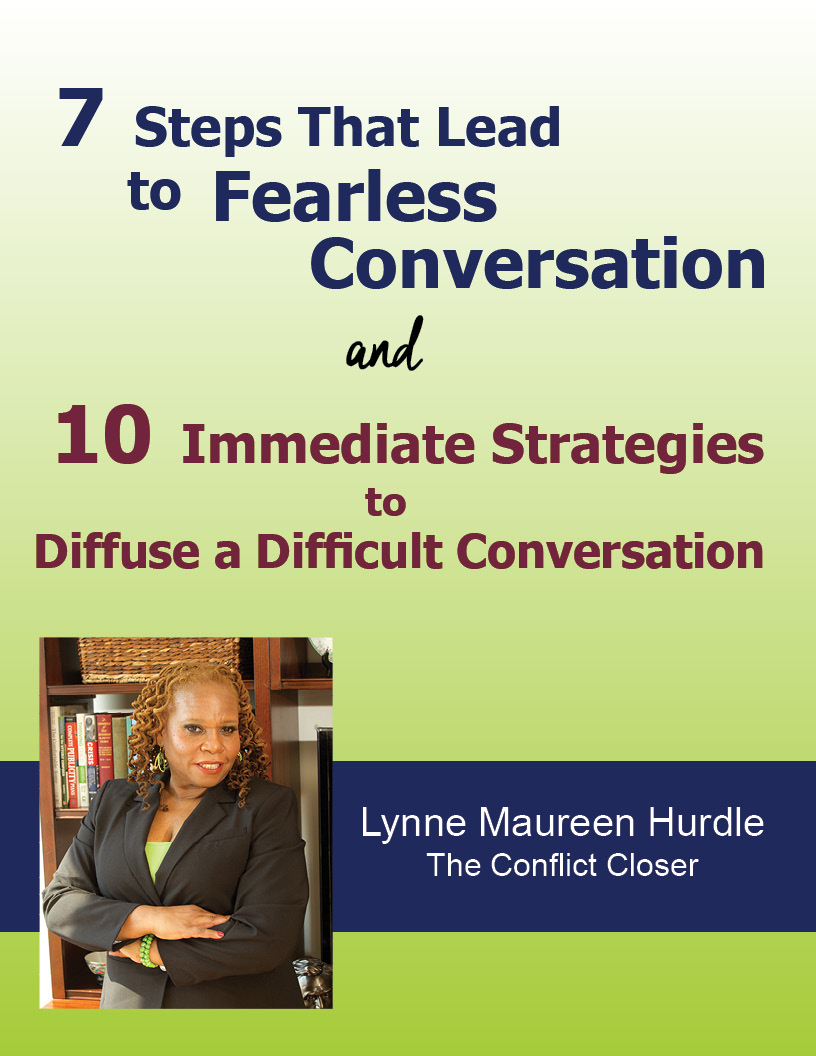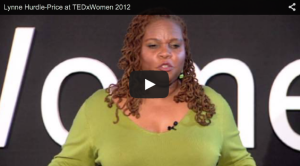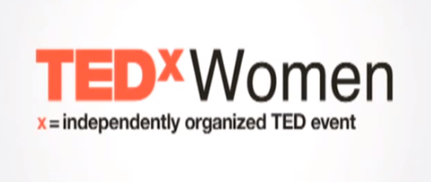Do you have it?
So, I’m walking into my eldest son’s school. It’s the first time that I decide to bring his baby brother in his stroller. I approach the stairs and lift him in the stroller in order to carry him up a full flight of stairs. I hear myself complaining about the fact that there is no elevator and how they could have not thought about this when they were building this place.
My sons are grown now so obviously this was a long time ago, but I feel the shame of that moment just as deeply today, because after I complained about my own situation, I realized that I had never thought about children and adults who were physically disabled. What? How is that possible? I had not developed the skill of noticing and owning my privilege and putting myself in the shoes of those without it. I don’t mean thinking that I know what it’s like to be them or in any of the situations they face on a regular basis. Many of us believe that we do that, but what I find as a conflict resolution practitioner is that we often filter their experience through our own lens.
We take this trip through the lens of what we would do or how we would feel if we were in their position not fully knowing or understanding what it is like to be them. You see, privilege prevents us from fully understanding another person’s real-life experience. It allows us to only imagine what it must be like often by comparing it to what we consider to be a similar experience. Let’s take me for instance, I could claim that I know what it is like to be confronted with the inconvenience of not having easy access into a building, because of my stroller experience, but that is not even close to what the experience is like for someone who faces this situation and even more on a regular basis.
Developing the skill of awareness of other’s situation and being able to see a situation from their point of view takes work, a real commitment and concentrated effort, but it is more than worth it. Start off by asking yourself why it is worth it for you. Let me just say that as a citizen of the world, it is worth it because I do not live here alone. Other people have valid experiences that can teach me a lot about what I do not see through my own lens. The more I know about other people, the more I understand about the connectedness of all of us.
Why is that important? We are here to connect and learn from each other. We are here to support each other because frankly, life is a lot less heavy and burdensome when we help each other out. Knowledge is pure power when used for the benefit of ourselves and others. We can help build the kind of world we want to live in when we understand the difficulties we experience and find ways to work through them.
After you have determined why it is worth it to you to develop this skill, then take the next step. Commit to being aware. I know it can be a challenge. There is so much going on in our own lives that consumes us, we often feel like we don’t have the headspace to notice what others are going through. We let the “news” or social media do that for us. To develop this skill, remind yourself when you walk out the door to be aware of what is presently happening all around you. Do you have the privilege of holding your lover’s hand in public? Can you easily walk to your car? (Both of which are a privilege that not everyone has.) Can you call the police to help you and feel assured that they will? Can you know with certainty that a Zoom call you will be on has already been accommodated for your hearing or sight ability? Is it holiday time for those celebrating the dominant culture holiday? Is your culture someone else’s Halloween costume or form of commercialized entertainment? (Think the Hula or pow-wows.)
Develop the awareness and then commit to learning. We can never know every experience, but developing awareness often leads to questioning. What is it like from this group’s or person’s point of view? Where and how can I learn about their experiences? How do I become more conscious? What has kept me from noticing, questioning, believing and understanding this up until now? These are questions that I have my On The Matter of Race participants ask themselves regularly, because White privilege excludes the experience of what it is like to live as a part of a marginalized community in the U.S. It continues to be eye-opening for them.
Developing this skill continues to open me up more as well. When I wait on the line to get on the bus and the wheelchair ramp extends to accommodate someone in a wheelchair, I know that it will take longer before I get on the bus and aren’t I glad that city buses saw the need and recognized that it must be met? Yes, the impatient New Yorker in me tries to rear its ugly head as if my life and time is so much more important than others who live in this world too.
I believe that we all have been sleeping on this one. Confusing empathy with a genuine ability to look at a situation from someone else’s point of view has left us thinking that we got this. But in truth, we don’t or we’d be a lot further along in resolving conflicts and sharing this world with each other.
Come on, we’ve got the ability to do this (or have I once again only looked at the ability from my own lens in this statement?). If you need help, reach out.
In Love,
Lynne
